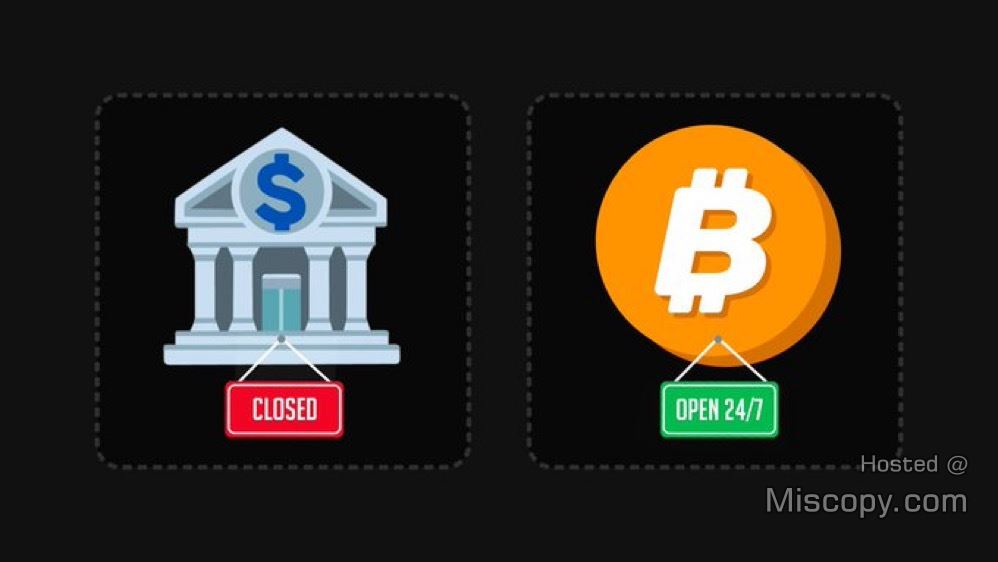In the YouTube video titled “Jack Mallers Explains What Bitcoin Is In Simple Terms,” Jack Mallers – the founder and CEO of Zap and Strike (apps that enable fast and easy transactions over Bitcoin’s Lightning Network), ELI5 (Explains Like I’m 5) the concept of money as an abstracted form of time and energy, and the importance of having a stable store of value for our collective contributions to society. He contrasts this idea with traditional forms of money, such as paper currency or government-issued money, which can be debased and devalued over time.
Mallers argues that Bitcoin is the closest we have come to a perfect store of value for our time and energy, as it is decentralized, cannot be debased, and exists outside the control of governments or corporations. He also compares the guarantee and promise of Bitcoin as a fixed money to the guarantee and promise of death, emphasizing the importance of being able to value the present moment.
When explaining how Bitcoin is different from traditional fiat currency, he ues the concept of time and value. He argues that money is a technology for exchanging labor and energy, and that Bitcoin’s fixed supply allows individuals to truly value their time and energy in the present. The speaker also notes that money has become worse over time, with the shift away from a gold standard, and that people have become accustomed to the broken money system. He emphasizes that Bitcoin is a life-altering technology that allows individuals to store and exchange value in a way that preserves its purchasing power.
He further discusses the concept of inflation and how it affects people’s lives by debasing the value of their time and energy. He explains that as the value of money decreases, people are required to work longer hours to maintain the same standard of living.
Mallers argues that this is an insidious and malicious act that steals from the collective populace. He believes that the broken money system is a significant contributor to societal deterioration and that Bitcoin offers a potential solution by providing a more stable and secure way to store, save, and exchange time and energy.
Jack Mallers was a guest on the Zuby podcast:




